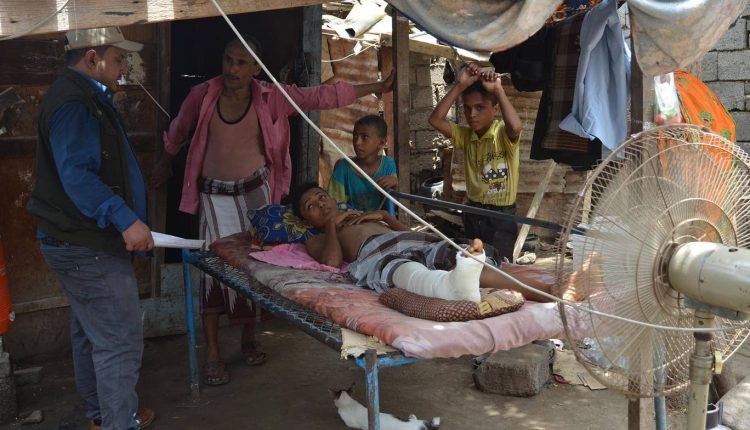Researchers: Saudi Coalition May have Used ’Double-Tap’ Airstrikes in Yemen
Saudi Arabia and its allies may have used “double-tap” airstrikes in Yemen, researchers at investigative journalism site Bellingcat have revealed. The tactic sees missiles fired once, then again when aid workers have rushed to the injured. It dramatically raises civilian death tolls and endangers rescuers.
Evidence has now been found to suggest that civilian targets in Yemen were hit by double-tap airstrikes. Researchers examined open source photographs and videos of attacks carried out by the Saudi-led coalition.
Their report, to be released on Monday and seen by The Independent, comes as the British government prepares to appeal a Court of Appeal judgement that forced it to freeze sales of UK arms to Saudi Arabia while it reconsidered whether they could be used to violate international humanitarian law.
The researchers behind the report say strikes that potentially breach humanitarian law have not stopped, which indicates “a clear risk that weapons sold by the UK may be used in breaches”.
By examining satellite imagery of the aftermath of airstrikes, researchers at Bellingcat – a non-profit organisation that specialises in open-source investigations – found at least six instances whereby civilian areas appear to have been hit by double-tap strikes.
Those targets included a funeral hall, two markets, a restaurant, a mosque and a residential area. In one incident, which took place on the morning of 6 July, 2015, some 40 people were killed by two airstrikes which hit a market in the southern region of Lahj. The same process was used to identify the practice in at least five other incidents, including an attack on a funeral hall in the capital Sanaa in October 2016, which killed more than 150 civilians.
“When the coalition hits a market twice, it shows that there is a lack of will to minimize civilian casualties or collateral damage.
People are going to come after the first strike, so obviously you’re going to hit first responders and civilians,” Rawan Shaif, the lead of the Yemen team at Bellingcat, told The Independent. That assessment matches the findings of a similar report from a team of international lawyers and a Yemeni human rights group released earlier this month.


